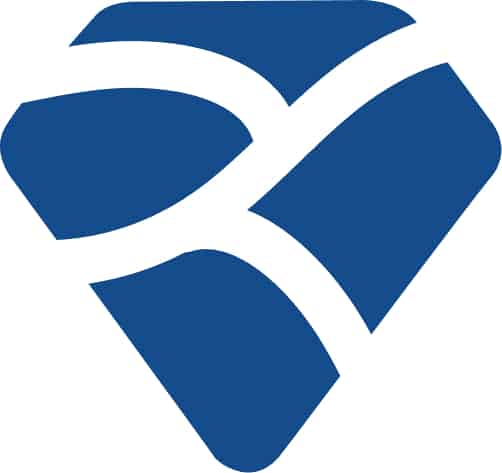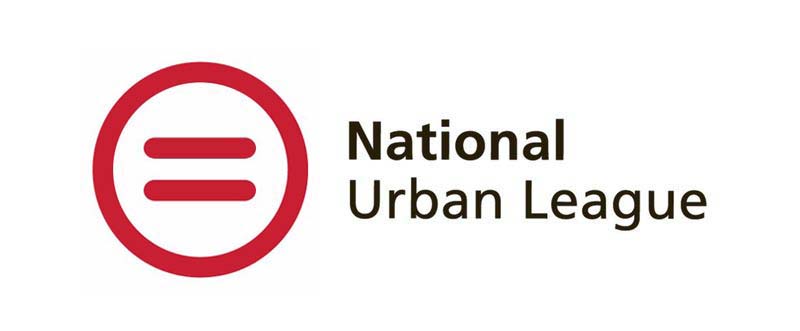Knowing how to get work experience when you’ve never worked before can feel like a paradox. You need job skills to get hired, but you also need a job to build those skills. What are your options?
While many students look to internships to get their first professional work experience, internships can be highly competitive and you might not always land one. That’s OK! There are tons of alternative ways to get work experience, network, build your skills, and boost your resume. Here’s how to get work experience this summer — even if you don’t have an internship.
1. Get a Summer Job
Many local businesses hire seasonal workers, including students who may not have a wealth of professional experience. These gigs are a great way to make some cash, but they’re also an opportunity to gain valuable experience, even if the position is outside your desired field of expertise.
“I encourage my students to ‘think outside the box’ in their part-time job,” Kirk Hazlett, Adjunct Professor of Communication at the University of Tampa, says. “Ask [your] supervisor for additional, perhaps more challenging, assignments. Volunteer to help co-workers with tasks.”Be sure to leverage and capture the soft skills you develop on your resume. For instance, if you’re working as a restaurant server, emphasize your experience with customer service, problem-solving and project management, Hazlett suggests.

Forage Resume Masterclass
Learn how to identify and include the skills recruiters are looking for on your resume.
Avg. Time: 5-6 hours
Skills you’ll build: Professional brand, industry keywords, transferable skills, illustrating your impact
2. Freelance
Freelancers, or contractors, are self-employed and work for one or several companies on a short-term basis. Companies pay freelancers per-project or task. For instance, they could contract a freelancer to write a blog article, edit videos, or design a website for a small business.
“With freelancing, you can bring in actual money that some internships don’t even offer and effectively broaden your skill set to bolster your resume,” Steven McConnell, career expert and director of sales and marketing at Arielle Executive, says.
Unsure how to get this work experience? If you haven’t freelanced before, consider finding work through sites like Fiverr or Upwork.
“Also check out the Gigs section of Craigslist,” Amanda Brandon, resume coach at ProPolish Resume and Career Services, says. “You can find some great opportunities there.”
3. Complete a Job Simulation
Wondering how to get work experience from the comfort of your own home? A virtual job simulation is an online course that simulates the tasks you would perform if you worked in a particular role at a specific company. Forage, for instance, offers a free program that allows you to experience sales at Red Bull. (Check out our complete course catalog to find a free job simulation in the industries you’re most interested in exploring.)
These programs have many benefits. You can build new skills and showcase your completion certificate on your LinkedIn profile and resume. Many companies add amenable participants to their talent pool.

You Are Extraordinary
Discover the causes of imposter syndrome and how to overcome them in this free course from Ashurst UK.
Avg. Time: 3-4 hours
Skills you’ll build: Growth mindset, interview prep, self awareness, social identity
4. Work on Your Certifications
Career-specific certifications can set applicants apart in the job market. For instance, prospective project managers might want to get a Scrum Master certification, while computer programmers can benefit from becoming certified in specific programming languages, like C and C++.
“Quite often, certifications require a practical demonstration of the skills — a project, a white paper, a use-case analysis,” Brandon says. “This is considered real-world experience. Draw on your instructor’s feedback and share that on your resume.”
5. Volunteer
You won’t get paid for the time you put in at a local nonprofit or charitable organization, but there are unique benefits to volunteering your services.
“It will signal to employers and recruiters that you are determined and actively in pursuit of self-enrichment,” McConnell says. “These organizations will also put you under mentors who will help guide you to developing key career skills you can include in your resume.”
You can also pursue unpaid industry-specific projects or competitions to demonstrate practical skills and showcase your abilities. These projects could include participating in hackathons, joining innovation challenges, or contributing to open-source projects. You can then include links or examples of your work in your job applications in an online portfolio.
6. Build Your Brand and Personal Profile
A robust digital presence can set you apart from new graduates with similar skills and credentials, McConnell says.“Work on your LinkedIn profile, establish a personal website, start your own blog, or initiate a social impact project,” he suggests. “These channels will demonstrate how well you apply what you know and ultimately lead you to the right employer who will value what you can bring to the table and help you achieve even more.”

Ashurst UK Building Your Personal Brand
Learn how to optimize your LinkedIn profile to promote your personal brand.
Avg. Time: 4.5-6
Skills you’ll build: Online presence management, personal brand toolkit, image, reputation
7. Do an Externship
Not to be confused with an internship, an externship is an experiential learning opportunity that typically involves shadowing a professional during their workday.
>>MORE: Externship vs. Internship: What’s the Difference?
“Take some time to follow a professional person around for a day or two to get an idea of how they work and if this career is something you feel is worth pursuing,” suggests Kathy Bennett, CEO and Founder of Bennett Packaging.
You can find externship opportunities through your college career center or by asking family, friends, or local businesses if they know of anyone you can follow in their day-to-day for a brief time.
8. Network
“Take time to get out in your community and network with other companies and professionals to build connections and collide with potential opportunities,” Bennett says.
For instance, if a company won’t let you job shadow, they may agree to an informational interview, a short informal discussion of their role, company, and industry. In addition, consider attending meetings of local professional organizations within your career of interest.
“For my students, it’s the local chapter of the Public Relations Society of America, or, perhaps, the American Marketing Association,” Hazlett says.

Forage Find
How does talking to people help you get work experience? Don’t underestimate the power of networking. Building relationships and seeking mentorship can open doors to valuable opportunities and help you establish a strong professional network.
9. Keep Up the Search
Leveraging these and other connections could help you get work experience, but it can also secure that elusive summer internship or, perhaps, the coming fall.
>>MORE: How to Apply For an Internship
“I also make sure that [my students] maintain constant communication with their school’s career service office and/or internship coordinator,” Hazlett says. “Occasionally, an internship will pop up that had not previously been advertised.”
Ready to begin your job search? Check out the 85 best job search sites and apps!
Image Credit: Brooke Cagle on Unsplash

